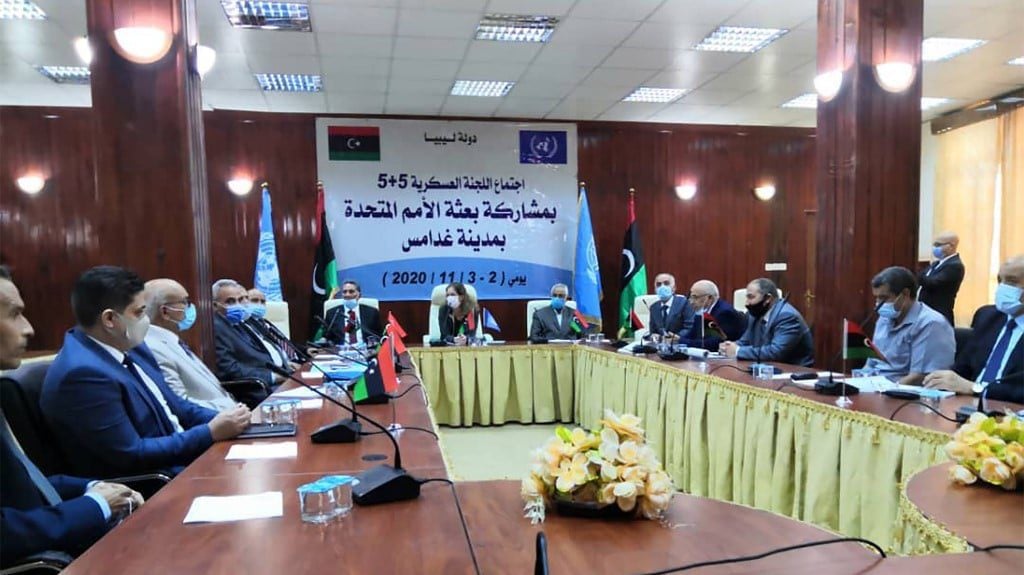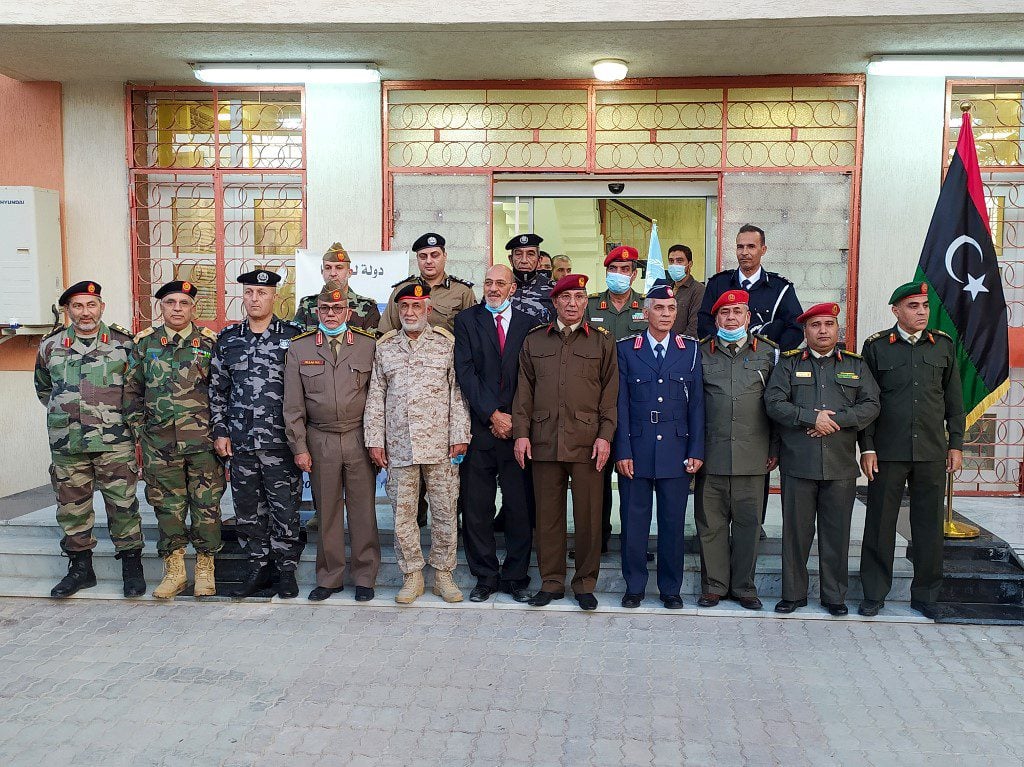
By: Mat Nashed
Libyans have a reason for cautious optimism after the U.N brokered a permanent ceasefire in Geneva on October 23. Stephanie Williams, who heads the U.N Support Mission for Libya (UNSLM), called the truce a ‘historic achievement’ that paves the way for the resumption of the Libyan Political Dialogue Forum.
Talks kickstart on November 9 in Tunisia, with the aim of implementing the terms of the ceasefire. The truce calls for fighters to pull back from frontline positions and for mercenaries to leave the country in three months. Williams added that those internally displaced and refugees will also be able to return home.
More fundamentally, the aim of the U.N lead peace process is to disarm and demobilize militias and incorporate fighters into a cohesive unit that answers to a new political body. The agreement is also likely to attempt to redistribute sovereign institutions, which was a point of discussion during the recent talks in Bouznika, Morocco.
The hope is that key national bodies – such as the Supreme Court and Central Bank – will be shared equally among Libya’s three regions: Tripolitania in the west, Fazzan in the southwest, and Cyrenaica in the east. This plan is ambitious, yet it could prove essential in breaking the political deadlock.
For now, analysts worry that Russia and Turkey threaten attempts to broker a long-lasting peace. Both nations have decisively interfered in the conflict and would prefer to maintain the status quo to preserve key interests. Russia, for one, has mercenaries stationed along the frontlines of Sirte, the birthplace of fallen dictator Muammar Gaddafi and the gateway to a region known as the Oil Crescent. These mercenaries are employed by the Russian private military company Wagner Group, a force that Moscow has traditionally used to advance its geopolitical interests. However, Russian President Vladimir Putin denies that Wagner mercenaries are operating at the behest of Moscow, raising questions over whether another external actor like the UAE is paying for them. In any case, both Moscow and Abu Dhabi might only withdraw mercenaries if their military leverage is converted into political influence.
Turkey’s President Recep Tayyip Erdogan also has little incentive to uphold the truce by pulling out Syrian mercenaries that he formally deployed to rescue the Tripoli-based Government of National Accord (GNA) in January.
Erdogan, after all, is heavily invested in preserving the GNA. Ankara and Tripoli have signed bilateral agreements that enable Turkey to extend its gas exploration in disrupted Mediterranean waters. But those agreements could be annulled or suspended if the GNA is dissolved in favor of a new political entity. Erdogan has already noted that the truce “doesn’t seem too achievable,” a possible euphemism signaling his intention to thwart the peace process in Libya unless his interests in the Mediterranean are addressed.
Internal divisions further risk derailing dialogue between warring parties. The status of rogue General Khalifa Haftar has particularly been diminished ever since his forces were defeated in their bid to retake Tripoli last June 2020. Foreign backers of Haftar have now elevated the political face of the east, Aguila Saleh, to safeguard their interests in negotiations.

Haftar still commands a major military alliance, so he could try to spoil the agreement. But Alice Alunni, a Libya expert and a PhD researcher at Durham’s School of Government and International Affairs, believes that any attempt to do so is futile. In her eyes, Haftar’s diminished relevance comes at a time when local tribal structures – previously a key segment of his support in the east – have turned against him.
“The question is what his external backers that supported him all this time are willing to settle for,” Alunni told Fanack over the phone. “The incredible support Cairo is giving to the 5+5 network committee is a clear indication of where it stands. But the UAE has remained quiet. They’re reconsidering their position and evaluating how they can play their cards on a political level rather than a military one.”
Despite the shifting calculus of Haftar’s backers, rival militias in the west still fear that the rogue general will eventually double down on his ambition to rule the country with an iron fist. Other militias simply resist a new political agreement that threatens their monopoly over key ministries and sectors in the economy. “This is the main risk because since the revolution there has been a huge disconnect between political actors and military actors,” noted Alunni. “The point is to look for how the military track can accommodate the different armed groups and forces in Libya.”
For Libyans, one concern with the talks is that it doesn’t prioritize accountability. Hanan Saleh, a Senior Researcher for Human Rights Watch (HRW), writes that the current framework promises immunity for those who have committed unlawful killings and arrests. She adds that the process of integrating fighters into state security services doesn’t have a strict vetting system.
Wolfram Lacher, a Libya expert at the German Institute for International and Security Affairs, later tweeted that neither the victims displaced by Haftar’s forces in Benghazi nor those who lost loved ones to mass killings in Tarhouna will be represented in Tunisia next week.
Nevertheless, the UN High Commissioner for Human Rights (OHCHR) is in the midst of producing a report that calls out warring parties responsible for grave crimes committed since 2014. The chief of OHCHR, Michelle Bachelet, hopes that the report can “serve as a deterrent to prevent further violations and contribute to peace and stability” in Libya. But critics fear that the OHCHR will release a report that doesn’t antagonize any of the camps invited to the political dialogue in Tunis. Doing so may be necessary to safeguard fragile peace talks, but it could also send the message that powerful players can commit crimes with impunity.


